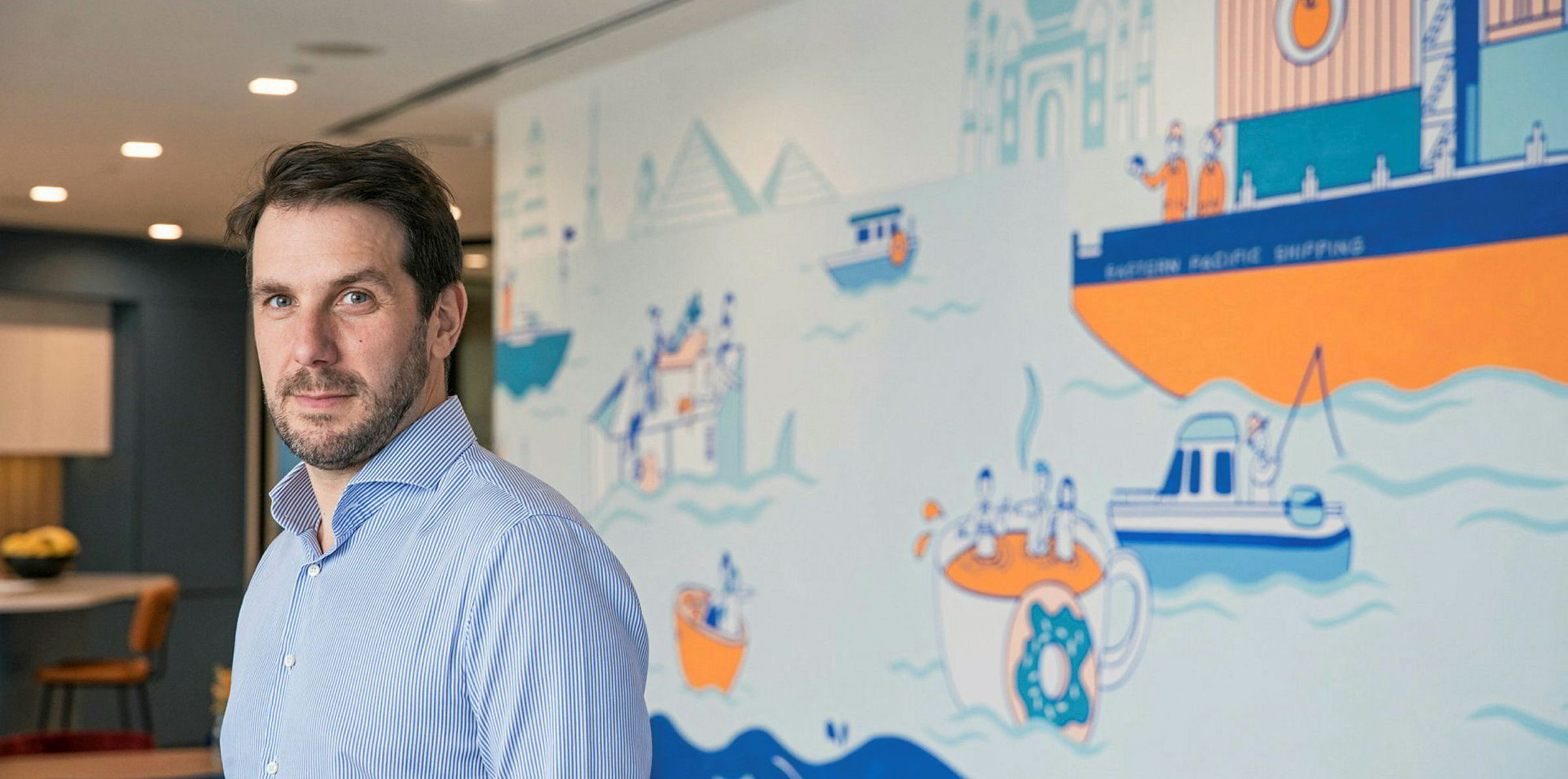Norway remains one of the world’s leading centres for shipbroking, aided by its strong links with Oslo’s financial infrastructure, a rich shipping history and access to talent, shipowners and brokers say.
When Clarksons merged with RS Platou in 2014, some feared for the decline of Norwegian shipbroking as a national institution moved under foreign ownership.
Half a decade on, the concerns appear to have been unfounded. An enlarged Clarksons Platou retains a strong position in the country, while peers such as Fearnleys, Pareto and Arctic are thriving thanks to the combination of broking and finance, while others such as Grieg Shipbrokers and Steem 1960 are growing.
“The strength of Norwegian brokers is the ability to provide clients with a complete tool box,” said Odd Jacob Fritzner, managing director of Arctic Shipping, which was established in 2016, initially with John Fredriksen as a shareholder.
'Know-how is high'
“The general know-how and knowledge in the Norwegian shipping community is high. In addition to shipbroking, we have a shipping-heavy stock exchange, shipping bankers, ship-equipment suppliers, shipping lawyers, etc.
“All of this combined gives the Norwegian maritime industry strength and the ability to provide the service our clients require.”
According to Cyril Ducau, the chief executive of Eastern Pacific Shipping, Oslo stands alongside London, New York, Singapore and the growing community in Geneva as a leading hub for broking, banking and finance, helped by a deep market knowledge and understanding.
“The Norwegian broking and banking community have built a strong reputation in the shipping and offshore markets,” he said. “They are known as industry experts who think with a shipowner mentality.
"Also, in my experience, members of the Norwegian shipping community are passionate about the maritime industry, and that makes a difference.”

A second shipowner, who asked not to be identified, says the decline of co-broking has hindered Norwegian brokers in the charter market. However, he says on projects, sale and purchase and newbuildings, the Norwegian community still has a lot to offer.
“This is based on thorough knowledge about the ships, shipyards and interactions with investment banking outfits, whether in the same group or not,” the shipowner said.
Botolf Sundby, chief executive of Steem 1960, says historically many major players in the shipping industry have had part of their education in the Norwegian broking community.
“That clever minds will enter the shipping industry in a similar way also in the future is likely,” he said.
Strength and competitiveness
“Today, you often find Norwegian shipbroking firms have offices in major shipping towns around the world. Certainly, this is important for both building strength and being competitive.”
Finn Engelsen Jr, managing director of Grieg Shipbrokers, says Norwegian brokerages are now more international, with around two thirds of his own company’s S&P business not involving domestic or Scandinavian principals.
“This I think is much the same as a number of the other companies,” he said. “Greek shipowners have been welcoming Norwegian brokers to visit and deal with them directly.
“But if there was not a home market, things would be more difficult. But as we have one, there is always something to do here.”
He says Norway’s leading position in offshore offers its brokers “another leg”.
“There we are really strong across the spectrum of drilling, service, chartering contracting and finance,” he said. “Oslo is in an exceptional position relative to London in that respect.”
Another key difference between Oslo’s brokers and the London community is the Norwegian market is “less cut-throat and more patient”, one shipowner said.
Engelsen says the Norwegian approach is to work on shaping the clients’ strategy rather than executing the strategy.
With this in mind, Grieg has been growing its technical know-how with the aim of developing the next generation of ships.

Sundby says the strong interest in shipping among the younger generations is an advantage for Norwegian shipbroking outfits.
However, the talent pool is changing, with a lot of the Norwegian candidates now having degrees from overseas business schools and universities.
“There are two sides to that picture,” he said. “One being that it makes the talent pool even more interesting, while at the same time it says something about the lack of focus on the commercial shipping industry by Norwegian educational institutions. However, this is changing from year to year, it seems.”
Focus on young people
Despite the high profile of shipping in Norway relative to other maritime centres, Fritzner says there is a need to focus on finding young people to join the shipbroking business.
“There is also a definite age gap in the industry that needs to be filled due to relatively low new recruitment for some time,” he said.
In the future he also expects further merger and acquisition activity in the broking world. “Our clients need and want full service brokers, which necessarily means bigger units and shipbrokers and investment bankers joining forces,” he said.
“We believe the competence and resources are already here in Norway, so it will be interesting to see how things develop.”
Click here to keep up to date with TradeWinds' coverage of Nor-Shipping 2019.



